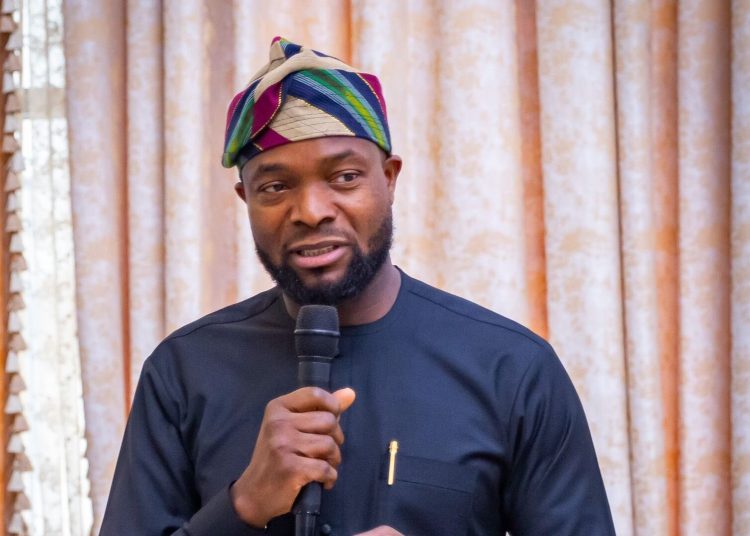Minister of Communications, Innovation and Digital Economy, Bosun Tijani, has disclosed plans by the Federal Government to increase broadband investments by 300 to 500 per cent under a new initiative designed to accelerate internet connectivity across the country.
The initiative, known as the National Broadband Alliance for Nigeria, will serve as a collaborative platform bringing together public institutions, telecom operators, technology firms, and international partners to expand high-speed internet access, particularly in underserved areas.
Broadband penetration stood at 44.43 per cent in December, falling short of the 70 per cent target set under Nigeria’s National Broadband Plan (2020–2025), which expires this year.
The government’s plan includes deploying 90,000km of backbone fibre through a Special Purpose Vehicle approved by the Federal Executive Council (FEC).
“The NBAN is more than just a policy initiative. It is a commitment to a future where every Nigerian has access to the tools and opportunities needed to succeed in a connected world,” Tijani stated.
The minister, who was represented by the Executive Vice Chairman of the Nigerian Communications Commission, Aminu Maida, outlined the key objectives under the National Broadband Plan and the Ministry’s strategic blueprint, describing them as “bold yet achievable.”
“Our goals include achieving 70 per cent broadband penetration by 2025, delivering minimum data speeds of 25 Mbps in urban areas and 10 Mbps in rural areas, expanding population coverage to 80 per cent by 2027, increasing broadband investments by 300–500 per cent by 2027.”
The minister noted that despite infrastructure rollouts, broadband underutilisation with many fibre networks remaining idle due to low demand, a situation worsened by affordability issues and lack of awareness.
He said the NBAN seeks to tackle this by aggregating broadband demand from key sectors, including schools, hospitals, markets, and religious centres, to create a sustainable business model that drives adoption and lowers service costs.
Pilot states including Edo, Ogun, Kwara, Katsina, Imo, Abia, Borno, and Nasarawa have been identified for early implementation, with incentives planned to attract private-sector participation.









